Seated vs. Standing Dandasana
Prepare for Seated Forward Fold
staff pose
SEATED VS. STANDING DANDASANA
Seated vs. Standing Dandasana (Staff Pose)—why compare the two? Not only are we going to examine how they differ, but we’re also going to dive in and really look at the parallels between these 2 yoga postures and how they inform one another. There is no way around the foundations of your yoga practice, and in today’s video, Matt demonstrates Seated versus Standing Dandasana. Not only are they substantial enough on their own, but they also serve as an important preparation for Seated Forward Fold. Matt also intricately demonstrates Seated Forward Fold at the end of the video, so that you’ll be able to see the direct correlation among all of these postures. Let’s take a look at how you can level up these foundational postures.
TWISTS & FOLDS
TWISTS & FOLDS
- Strengthen core muscles of rotation and side bends
- Improve spinal mobility
- Improve spinal flexion for seated postures
- Strengthen your back and deep core
- Access greater flexibility of the hips for seated postures
- Classes will bring you to a sweat and back down to a relaxed state
- 12 Classes: All levels appropriate
- Lifetime unlimited access to all
- Attend the livestream OR practice the replays any time that's convenient for you
$168.00 $138.00
PASSIVE VERSUS ACTIVE FLEXIBILITY
Unless you have been exposed to practicing asana in a way that offers a balance between active and passive flexibility, it’s likely that your body is widening the gap between the two. What is the difference between active and passive flexibility?
Active flexibility happens when a particular joint moves through a range of motion without any external assistance (e.g., a yoga strap, wall, or chair). The opposite is true for passive flexibility, which occurs when you are utilizing an external force (including gravity) to explore a given range of motion.
For example, Standing Forward Fold, when approached more passively, is not necessarily the best preparation for Seated Forward Fold because a greater amount of muscle engagement is imperative to safely and successfully execute the postures.
However, it’s not just about the postures. In his classes, Matt teaches us about the benefits of learning how to be more conscious of how and when to engage and release muscles. Being more conscious and intentional in this way means that the communication between your nervous system, brain, and body has become more intelligent and capable. Your ability both to move more dynamically and to hold postures/positions on and off the mat has multiplied because you are more proactive, rather than reactive. This also means that you have narrowed the gap between the two, and your body becomes more willing to surrender passively after you have spent time actively engaging muscles. This is where Seated versus Standing Dandasana comes in.
WATCH THE VIDEO
SEATED VERSUS STANDING DANDASANA: PREPARE FOR SEATED FORWARD FOLD
SEATED DANDASANA
As Matt demonstrates in the video, Seated Dandasana (Staff Pose) is a great precursor to Seated Forward Fold because of the muscle engagements involved.
One of the first steps involved in Seated Dandasana is to sit more upright. This involves lifting your belly in and up to engage your transversus abdominis. Once you’re sitting more upright, you’re also getting your back muscles involved, muscles like the quadratus lumborum (QL), particularly as you bring your pelvis into more of an anterior tilt. This anterior tilt, in conjunction with maintaining a strong lift of your chest and belly while keeping your legs straight, really helps to fire up your hip flexors. When you watch the video, you’ll see that Matt outlines a couple of key actions that also contribute to this hip-flexor firing. Those actions are creating dorsiflexion in your feet and pulling your kneecaps up in order to support the action of drawing your femur bones in towards the hip sockets (this helps to sustain and deepen the engagement of the hip flexors). All of these actions within Seated Dandasana help to create strength in a part of the body, the hip flexors, that is neglected in many. That alone validates the importance of this posture as one to incorporate into your practice on a regular basis. It equally validates why it offers excellent preparation for Seated Forward Fold.
200 HOUR ONLINE TEACHER TRAINING
GET CERTIFIED & DEEPEN YOUR YOGA PRACTICE
- Deepen your yoga practice
- Build confidence speaking in front of groups in person and online
- Learn foundational class structures and templates
- Learn techniques for a wide range of yoga postures
- Get certified and highly qualified to teach yoga
- Yoga Alliance Globally Recognized Certification Program
STANDING DANDASANA
In Standing Dandasana, there are wonderful opportunities to work on a great deal of muscle engagement for the hip flexors; this may also allow time for a greater examination of how to engage the lower back muscles. In the video, you’ll see how Matt pushes his heels out isometrically in order to activate the tensor fasciae latae (TFL), which is a hip flexor. Additionally, the placement of your hands really informs how much sensation and strength you can create in the lower back. Lengthening your arms all the way out in front of you increases the effort and dance between keeping your sit bones lifted (which is the same anterior tilt required for Seated Dandasana and Forward Fold) while maintaining the lift of the chest. This is surely a recipe for the firing of the QL and erector spinae muscles.
300 HOUR ONLINE TEACHER TRAINING
GET 500 HOUR CERTIFIED AS A MASTER TEACHER
Master your skill set as a teacher through refined techniques, anatomy, biomechanics, sequencing, philosophy, meditation techniques, theming, yoga business, and much more!
- Get 500 hour certified
- Learn anatomy, biomechanics, asana techniques
- Expand your teaching skills
- Masterful sequencing and verbal delivery
- Learn meditation and breathwork techniques
- Transformative tools: theming, dharma talks, satsang
HIP FLEXORS & HIP FLEXION
As already explained, one of the most important actions for Seated Forward Fold is hip flexion (the thighs moving closer to the chest, closing the hip joint). We’ve also established that hip flexor strength is essential for Seated Forward Fold. When attempting to gain strength of the hip flexors when it comes to Seated Forward Fold, you need to apply your understanding of the difference between active and passive flexibility. Allowing gravity alone to create the shape of Seated Forward Fold would likely simply create frustration due to the length of time it takes to see the results of going deeper into the posture. With the development of hip flexor strength and the practice of the articulation of the pelvis in postures like Seated and Standing Dandasana, you simply can’t go wrong when it comes to Seated Forward Fold.
SEATED FORWARD FOLD
After exploring Seated and Standing Dandasana from the perspective Matt offers, your body will display its readiness. During the setup in the video, you’ll see where Matt marries the passive and active in this posture. You’ll tap into the strength of your lower back with the same lift of the belly and chest along with the anterior tilt of the pelvis. Just like in Standing Dandasana, you’ll push your heels out isometrically, which will internally rotate your upper thighs, switching on TFL. Once you’ve performed the actions you practiced in Seated Dandasana, that is, plugging the femur bones into the hip joint and pulling the kneecaps up, you can lean more forward. This is the crucial point at which you may begin to relax your back muscles and transition to a more passive state in the posture. The negotiation that takes place in the body, however, is that while your back relaxes, you’re still maintaining the suctioning of the quadriceps and tensioning of the hip flexors. This creates an exciting conversation within your body. It creates a marriage between active and passive, which Matt describes as the nervous system more fully participating in the experience and improving the health and functionality of your muscular system overall.
Practicing in this way unleashes the potential functionality of your body. Registering for this month’s immersion will take you on a journey of deeper understanding, and it will help bring new life to foundational postures like the ones examined here.
You can register for Twists & Folds here.
The 200 Hr. Teacher Training: Click Here to See the Next Start Date
The 300 Hr. Advanced Teacher Training: Click Here to See the Next Start Date
Article by Trish Curling
Video Extracted From: Twists & Folds
MOVE
- Access your movement potential
- Sweat and raise your heart rate
- Master your breath/movement coordination
- Increase mobility at all major joints
- Learn to gracefully transition between postures
- Improve your flexibility
- Strengthen your hips, back, shoulders, and core
- Improve your balance
- Each class will raise your heart rate, bring you to a sweat, and return you back to a relaxed state of mind and body
- 12 Classes: All levels appropriate
- Lifetime unlimited access to all
- Attend the livestream OR practice the replays any time that's convenient for you
$168.00
Continue Learning
Redefine Chaturanga
Redefine ChaturangaALIGNMENTREDEFINE CHATURANGA To redefine Chaturanga, we first have to be willing to challenge what we think we already know. Many of us were taught a narrow-hand, elbows-tight variation of the pose—elbows hugging the ribs, hands close beneath the...
Tight Hips
Tight HipsHIP MOBILITYTIGHT HIPS When working to release tight hips, most people instinctively go straight for deep stretches. But one often overlooked area that holds a surprising amount of tension is the adductorS (the inner thigh muscles) that connect to the...
Retraction Of The Scapula
Retraction Of The ScapulaSHOULDER ACTIONSRETRACTION OF THE SCAPULA It may appear that scapular retraction holds less weight in finding deeper backbends, but this action can be quite significant in what we experience when it comes to strength, stability, and...
Conquering Compass Pose
Conquering Compass PoseSURYA YANTRASANACONQUERING COMPASS POSE Conquering Compass Pose isn’t about forcing your leg behind your shoulder—it’s about understanding and participating in the muscular coordination that makes the posture possible. The real power comes from...
Leg Over Head Pose
Leg Over Head PoseEKA PADA SIRSASANALEG OVER HEAD POSE Leg Over Head Pose is one of those postures that challenges not only our bodies but also our mindset. When faced with a seemingly impossible pose, we tend to respond in one of three ways: dismissing it as...
Spanda In Backbends
Spanda In BackbendsSIDE PLANKSPANDA IN BACKBENDS Spanda in backbends is the key to creating both stability and freedom in spinal extension. Backbends are not just about bending; they require a balance between expansion and controlled engagement to prevent excessive...
THE FREE TECHNIQUE PACK
When You Subscribe, You Will Get Instant Access to
- the Technique Pack: 15 yoga pose breakdowns
- exclusive online course discounts
- exclusive blogs and videos
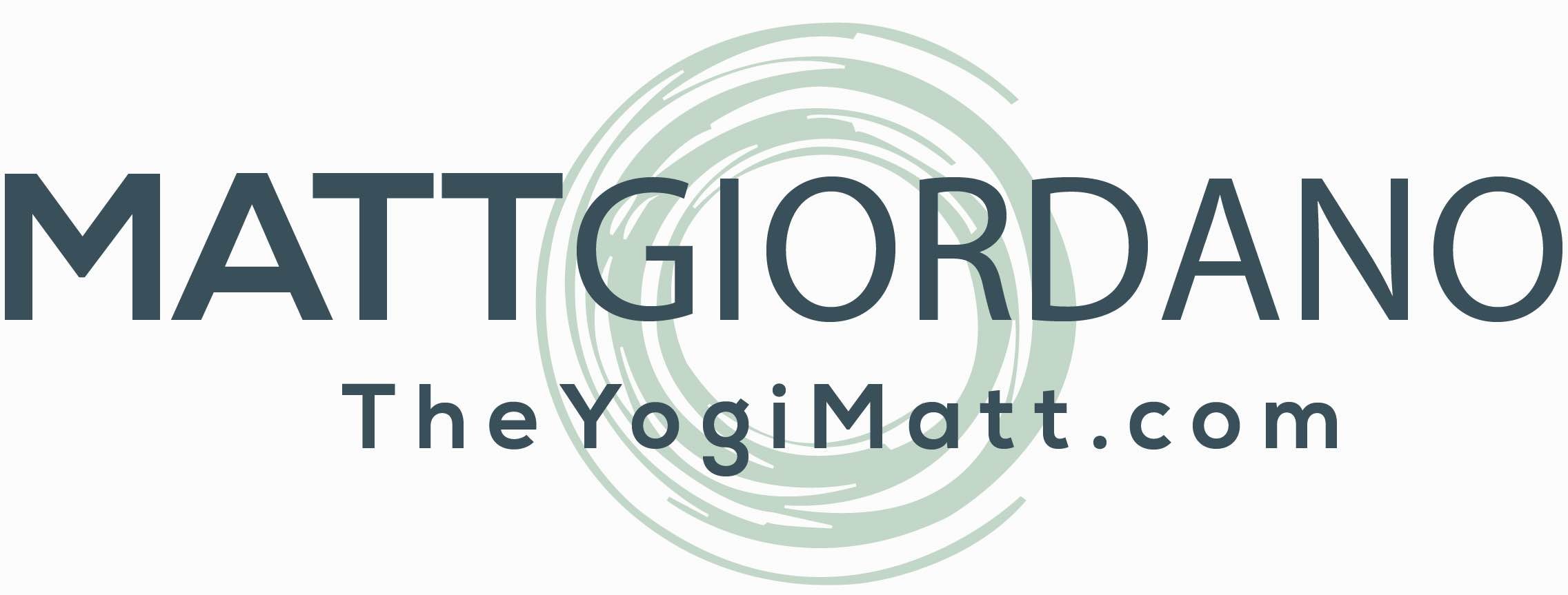
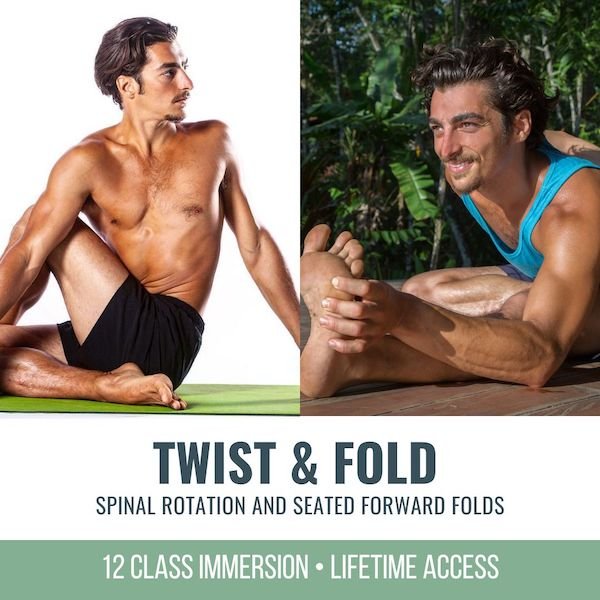


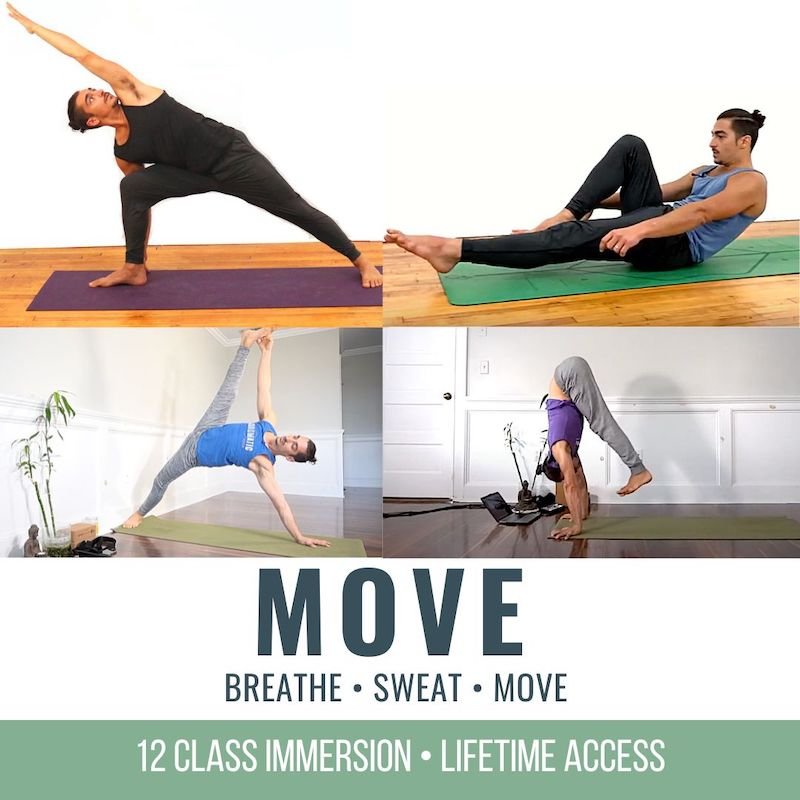
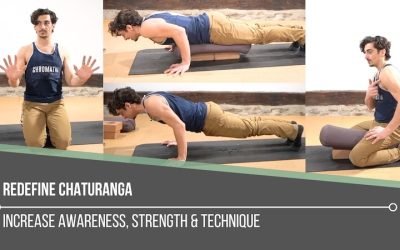
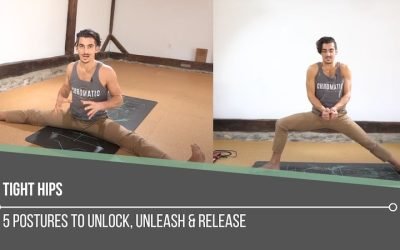
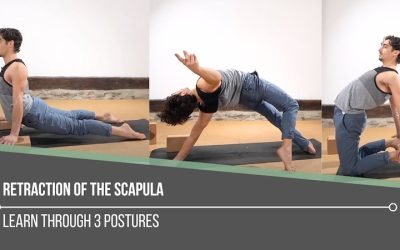
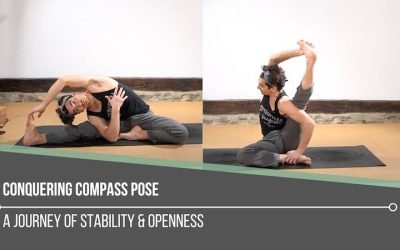
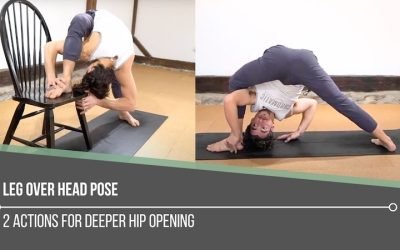
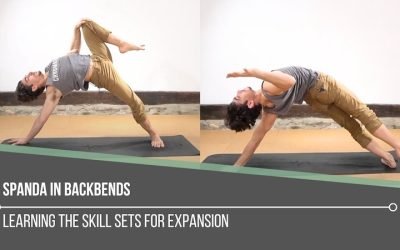


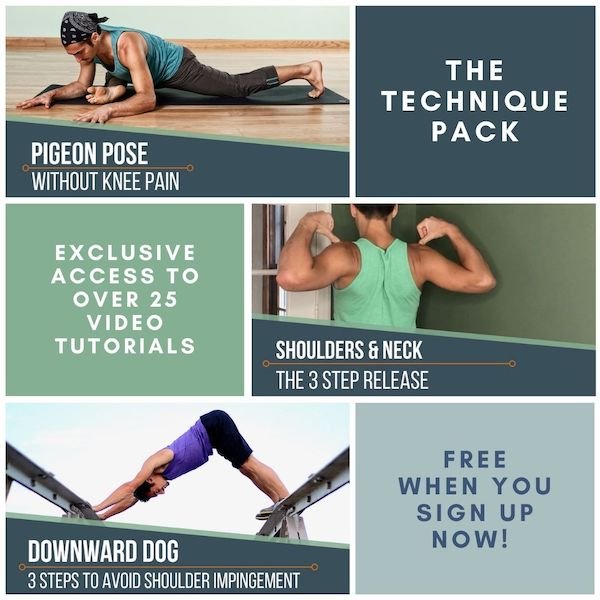
0 Comments